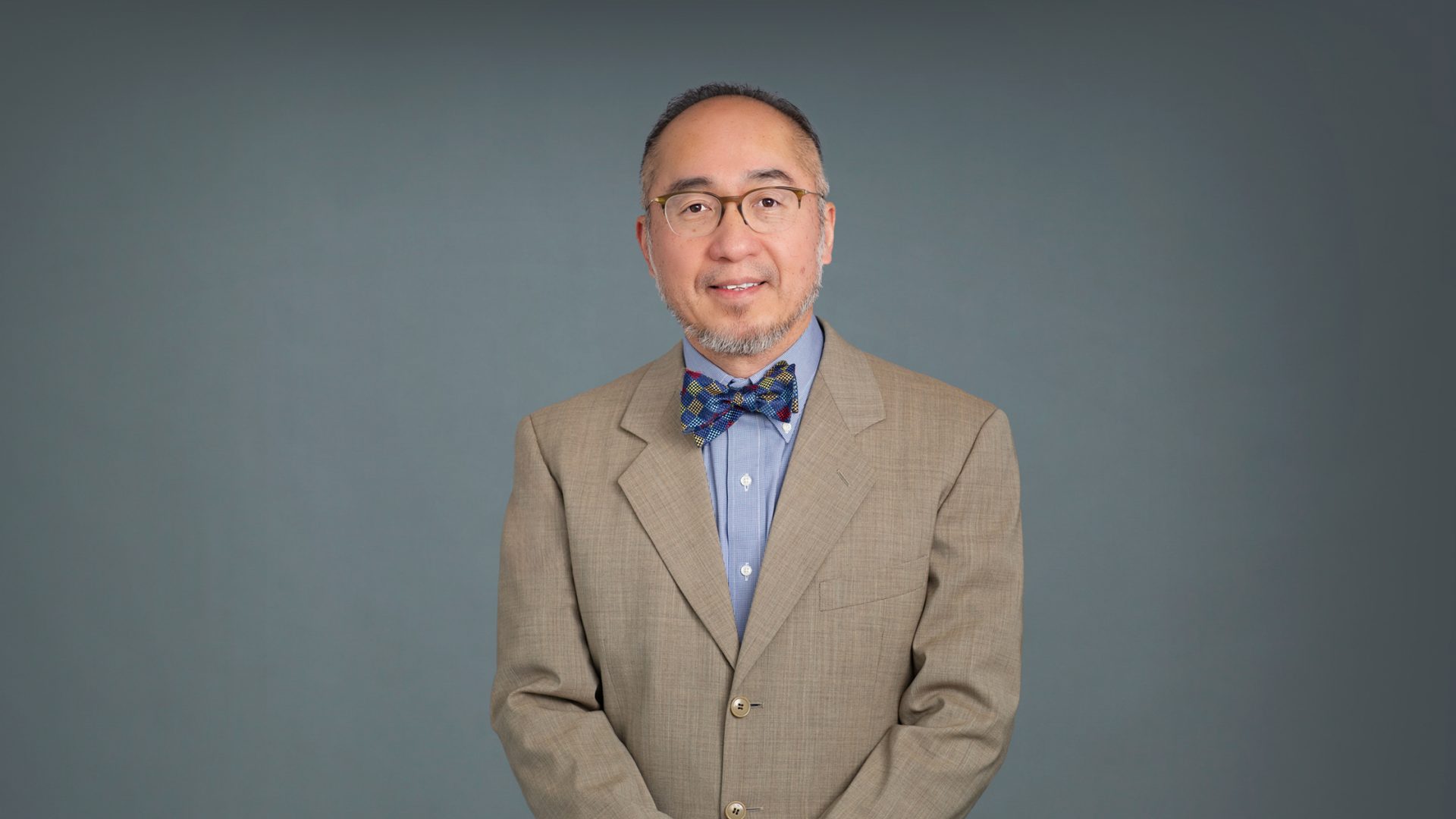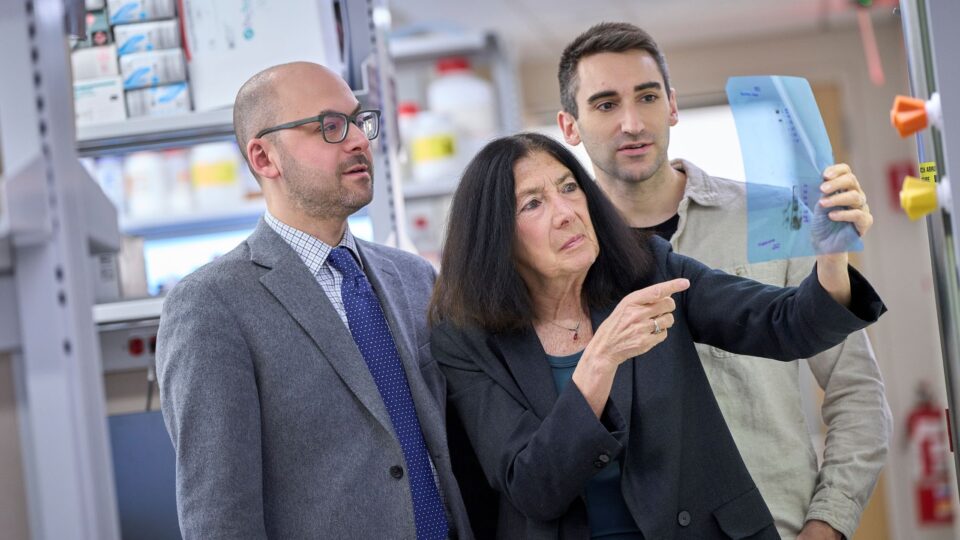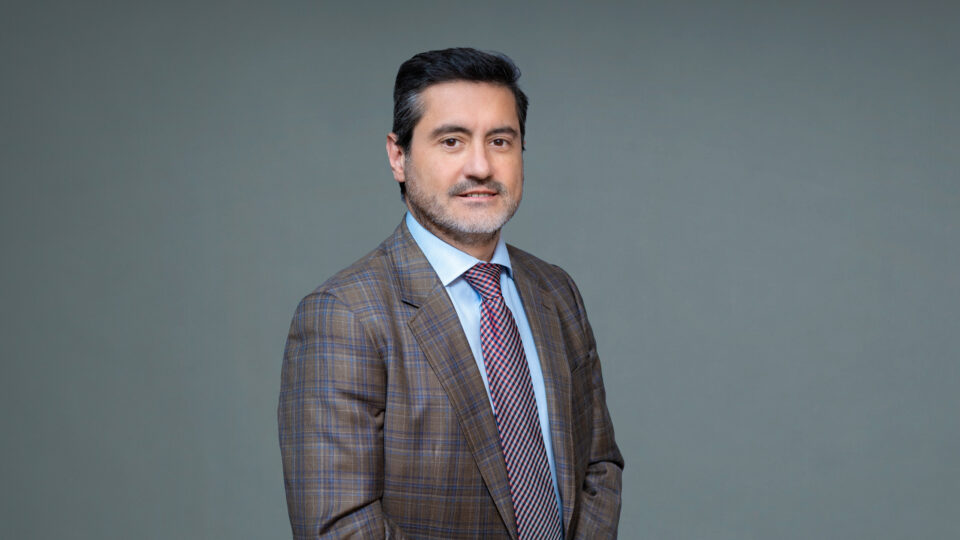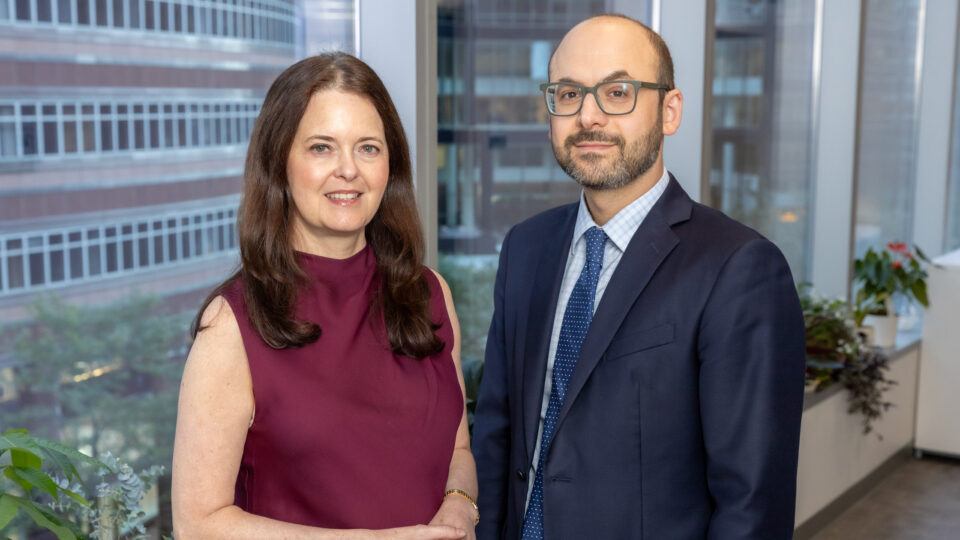Ted T. Lee, MD, an internationally renowned expert in minimally invasive gynecologic surgery, has joined NYU Langone Health as director of the Division of Minimally Invasive Gynecologic Surgery and chief of surgical innovation for gynecology in the Department of Obstetrics and Gynecology.
A past president of the American Association of Gynecologic Laparoscopists and a sought-after lecturer and surgeon, Dr. Lee has contributed significantly to research and advancements in the field of gynecologic surgery, particularly the diagnosis and treatment of endometriosis.
Here, he discusses his career transition, the evolution of the specialty, and how to create a culture of surgical education.
Embracing a New Opportunity
Physician Focus: Dr. Lee, you recently joined NYU Langone Health. What drew you to the institution?
Dr. Lee: Overcoming barriers and expanding the surgical envelope has been a theme of my career and of my time in leadership. At 14 years old, I left my home country to attend boarding school in the United States. This career transition feels similar, and I’m excited to take on the challenge.
At 14 years old, I left my home country to attend boarding school in the United States. This career transition feels similar.
Ted T. Lee, MD
NYU Langone is a world-class institution committed to providing the highest quality of gynecologic care. This type of environment appeals to me; I knew it was the right fit. In my new roles, I’ll not only be overseeing minimally invasive surgical services for common and complex gynecologic conditions, I’ll also be overseeing the comprehensive care and fertility-sparing programs as part of NYU Langone’s Endometriosis Center and the Center for Fibroid Care.
The Evolving Surgical Paradigm
Physician Focus: You’ve written and spoken extensively about minimally invasive gynecologic surgical procedures, especially in peer-reviewed journals and invited talks at national conferences. Reflecting on this changing surgical landscape, what should the field be thinking about going forward?
Dr. Lee: For the past 20 years, minimally invasive techniques have been widely adopted in surgical practices and have become the standard approach for treating benign gynecologic conditions. Virtually all benign gynecologic conditions, in my view, are now best addressed with minimally invasive techniques.
“The success of surgery is not solely determined by the robot; it’s the magician, not the wand, that holds the magic.”
Despite major breakthroughs in imaging and robotics, I fear that there is an overreliance on these modalities in our field. To make an accurate diagnosis of endometriosis, imaging must be combined with a detailed history and physical examination. One must not forget the basics and neglect the art of medicine.
It should be noted, also, that the risks and benefits of laparoscopic surgery can vary by the individual institution or surgeon. The success of surgery is not solely determined by the robot; it’s the magician, not the wand, that holds the magic.
Mentoring Trainees and Junior Faculty
Physician Focus: You dedicate significant time to education and mentorship. From a leadership position, what is your approach to equipping the next generation of surgeons with the skills to succeed in their careers?
Dr. Lee: Educating future surgeons and mentoring junior faculty is key to expanding access to high-quality surgical care. The successful operation of a surgical education program is nearly impossible without the support of divisional leadership. At some institutions, securing support for education can be a hurdle, as the financial return on investment for surgical education is not always clearly defined.
“Alone, I cannot achieve my goal of training more expert surgeons. Teaching more teachers is my objective.”
Few institutions prioritize education and mentorship to the level that NYU Langone does. In my new position, surgical education will be a top priority, with a specific emphasis on surgical anatomy and advanced robotic and laparoscopic surgical techniques.
Anecdotally, several of my former fellows now hold leadership positions at major academic institutions across the nation and overseas. They in turn are training the next generation of young gynecologic surgeons. Alone, I cannot achieve my goal of training more expert surgeons. Teaching more teachers is my objective.
Physician Focus: What thoughts would you share with a peer aiming to foster a culture of surgical education?
Dr. Lee: Cultivating a teaching culture requires a team effort, not the work of a single person. The best way to ensure success is by shifting the departmental culture. The first step is for the leadership to show support and encourage faculty to take part in teaching and mentorship. True success lies in the active participation of dedicated core groups of faculty members.






